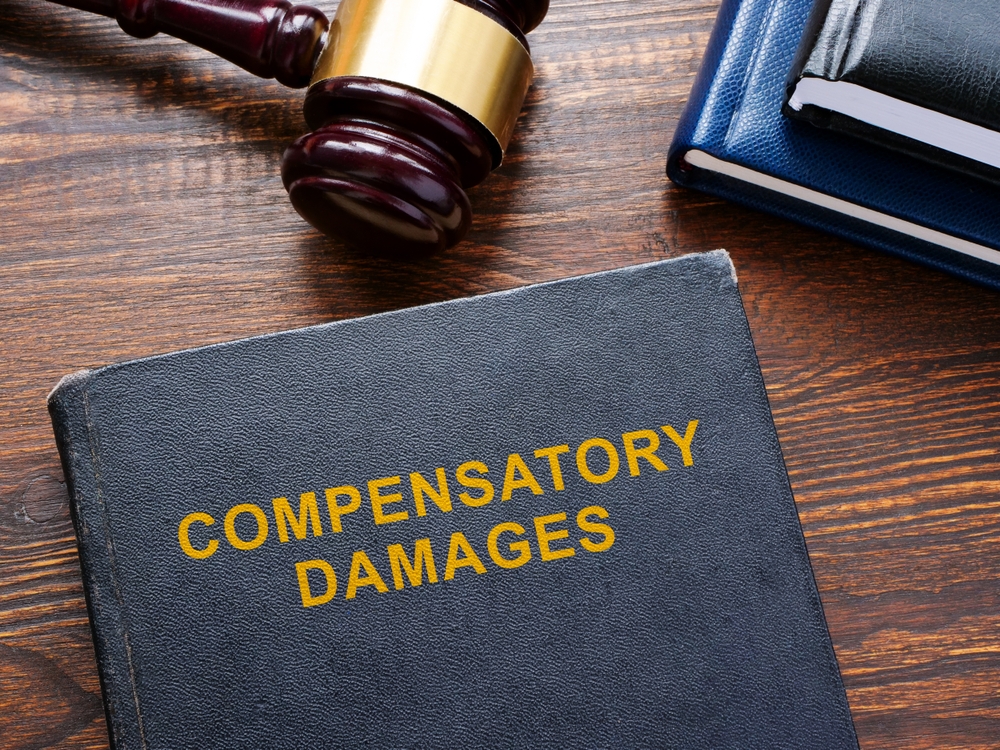When you purchase insurance, you expect it to offer financial protection and peace of mind. However, what happens if your insurer doesn’t uphold their end of the bargain? This is where the concept of a “bad faith insurance claim” comes into play. If you’ve been wronged by an insurance company, you may be entitled to more than just the amount owed in your claim. In this article, we’ll explore what constitutes a bad faith insurance claim, how to recognize one, and the steps you can take to protect your rights.
What Is a Bad Faith Insurance Claim?
A bad faith insurance claim occurs when an insurance company denies or delays payment of a legitimate claim without a reasonable basis.
Insurance companies have a legal obligation to act in good faith toward their policyholders, as outlined in the insurance contract.
When they fail to honor their obligations, it can significantly affect you, leaving you in a difficult position.
Common Examples of Bad Faith Practices
- Wrongful denial of a claim: The insurer refuses to honor a claim with no valid reason.
- Underpayment of a claim: The insurer offers significantly less than what is due under the policy.
- Failure to investigate properly: The insurer neglects to review the evidence thoroughly before denying or settling a claim.
- Delaying payments: The insurer unnecessarily delays claim processing without any reasonable cause.
- Misinterpretation of policy terms: The insurer interprets the language of the policy in a way that benefits them, not the policyholder.
How to Recognize a Bad Faith Insurance Claim
Not all insurance claim denials are the result of bad faith. Sometimes, policies contain exclusions or limitations that prevent coverage.
However, if you suspect that your insurance company is acting in bad faith, consider the following signs:
- Failure to confirm or deny claims promptly: If the insurer fails to acknowledge your claim in a reasonable amount of time after receiving necessary information, this could be a sign of bad faith.
- Unreasonable settlement offers: If the insurer tries to settle for far less than what your policy stipulates, it may indicate bad faith.
- Failure to properly investigate: Insurance companies are required to conduct a thorough investigation into the circumstances surrounding your claim.
- Unlawful or deceitful tactics: Insurance companies may use tactics to confuse or delay your claim in order to avoid paying you what you are owed.

How to Build a Bad Faith Insurance Case
If you believe your insurance company is operating in bad faith, the following steps can help build a strong case:
- Review your policy: Carefully read your insurance contract to identify any violations. If the language is unclear, consider consulting an insurance bad faith lawyer to clarify.
- Keep detailed records: Document every communication with your insurance company, including emails, phone calls, and written correspondence. Keep receipts, photos, accident reports, and any other evidence that supports your claim.
- Document the denial: If your claim is denied, request a formal explanation in writing. Record every interaction with the insurance company to have a comprehensive record of their actions.
- Send a demand letter: Before filing a lawsuit, send a demand letter detailing your claim and the settlement you expect. This gives the insurer a final opportunity to settle.
- File a complaint with the Insurance Commissioner: In West Virginia, you can file a complaint with the West Virginia Insurance Commissioner. They may attempt to mediate the dispute and secure a resolution.
- Consult with an attorney: Enlist the help of an experienced bad faith attorney to evaluate your case and guide you through the legal process. Insurance companies often have large legal teams, and having an attorney on your side can level the playing field.
Damages and Remedies in a Bad Faith Insurance Claim
If you win your bad faith case, you may be entitled to the following types of damages:
- Compensatory damages: This includes the financial loss you suffered due to the insurer’s wrongful actions.
- Punitive damages: These are designed to punish the insurer for their misconduct and deter them from repeating it.
- Attorney’s fees and legal costs: In many cases, the insurer may be required to pay for your legal fees.
- Interest: You may also be entitled to interest on the amount the insurer should have paid you originally.
- Emotional distress: If the insurer’s actions caused significant emotional harm, you may be entitled to compensation for the stress caused.

What to Do If You Are a Victim of Bad Faith Insurance Practices
Dealing with bad faith insurance practices can be frustrating, but there are steps you can take to seek justice:
- Negotiating a fair settlement: In many cases, you may be able to negotiate a fair settlement without going to court.
- Filing a lawsuit: If negotiations fail, filing a lawsuit against your insurer can help recover the money you are owed.
- Consulting with an attorney: An experienced bad faith lawyer can help you navigate the legal complexities of a bad faith claim and ensure that your rights are protected.
Frequently Asked Questions
What are some situations where an insurer can be liable for bad faith?
An insurance company can get into trouble for not being fair with your claim. This means if they don’t look into your claim properly, say no to something they should pay for, or offer you too little money, that’s called bad faith. They are supposed to be honest and fair with you, making sure you get what your policy says you should.
What is a bad faith denial of a claim?
A bad faith denial occurs when an insurance company denies a claim without a valid reason or refuses to pay for a claim that should be covered under the policy.
What damages can be recovered in a bad faith case?
Victims of bad faith insurance practices can recover compensatory damages, punitive damages, attorney’s fees, and interest on the unpaid amount.
How can I prove bad faith by my insurer?
To prove bad faith, you need to show that the insurer failed to investigate your claim properly, delayed processing, or denied the claim without a reasonable basis.
Conclusion
Insurance companies are supposed to help you in times of need, not make things harder for you. If you feel your insurer has acted in bad faith, it’s important to understand your legal options. The team at Manchin Injury Law Group is here to help you navigate the process of filing a bad faith insurance claim.
If you suspect your insurance company has acted in bad faith, don’t wait—contact the Manchin Injury Law Group today. Our experienced attorneys are ready to help you secure the compensation you deserve. Reach out now for a free consultation.




